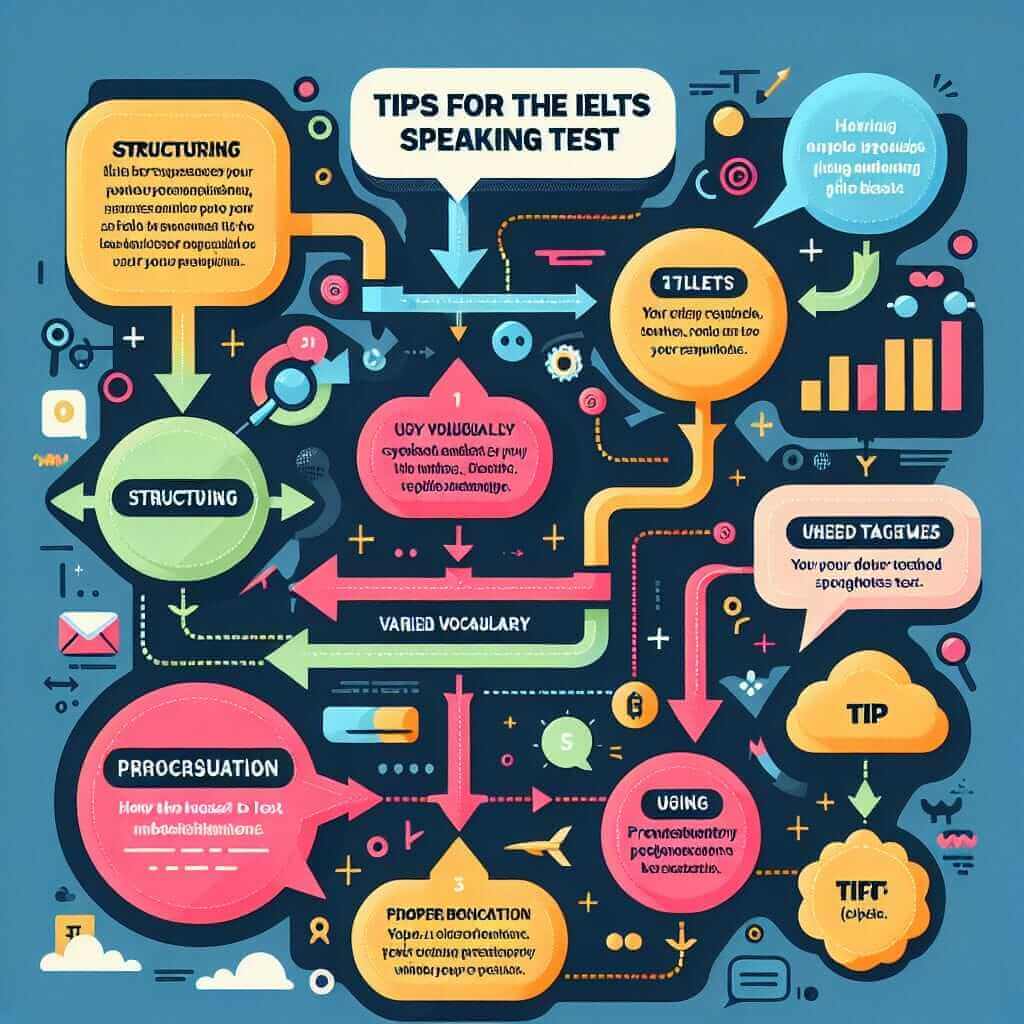As an IELTS instructor with over two decades of experience, I’ve witnessed countless students grapple with the anxieties of the IELTS Speaking test. Many dream of achieving a “viral” score – a term that has come to represent exceptional performance. While there’s no magic formula for going viral, there are proven strategies that can significantly elevate your speaking skills and boost your confidence.
Understanding the Quest for a “Viral” IELTS Speaking Score
The phrase “viral IELTS” reflects a desire for outstanding results, often fueled by the numerous success stories shared online. It’s crucial to remember that every student’s journey is unique. Your goal shouldn’t be to replicate someone else’s achievement, but to strive for your personal best. A high score is attainable through focused effort, the right guidance, and a deep understanding of what examiners look for.
The Pillars of a High-Scoring IELTS Speaking Performance
1. Fluency and Coherence: Speaking with Smoothness and Clarity
Examiners assess your ability to speak fluently and coherently. This means:
- Speaking at a natural pace: Avoid speaking too quickly or slowly. Practice speaking naturally, pausing appropriately to gather your thoughts.
- Connecting your ideas logically: Use linking words and phrases (e.g., however, furthermore, in addition) to create a seamless flow of ideas.
- Developing your responses fully: Provide well-developed answers that demonstrate your ability to elaborate on your thoughts.
2. Lexical Resource: Showcasing Your Vocabulary Range
A strong vocabulary is essential for a high score. This doesn’t mean using overly complex words. Instead, focus on:
- Using a variety of vocabulary: Demonstrate your knowledge of synonyms and idiomatic expressions.
- Choosing words accurately: Ensure the words you use are appropriate for the context and convey your intended meaning precisely.
- Paraphrasing effectively: If you forget a word, don’t panic. Paraphrase to demonstrate your flexibility.
3. Grammatical Range and Accuracy: Mastering English Grammar
Accurate grammar is fundamental to conveying your ideas clearly:
- Using a mix of simple and complex sentences: Showcase your ability to use different grammatical structures.
- Paying attention to verb tenses: Ensure your verbs agree in number and tense.
- Minimizing grammatical errors: While occasional errors are acceptable, aim for overall accuracy.
4. Pronunciation: Speaking Clearly and Understandably
Clear pronunciation ensures your message is easily understood:
- Focusing on clear articulation: Practice pronouncing words distinctly, paying attention to individual sounds.
- Using intonation and stress naturally: This adds emphasis and rhythm to your speech, making it more engaging.
- Recording yourself speaking: This helps you identify areas where you can improve.

Illustrative Examples from Real IELTS Speaking Tests
Let’s examine how these elements come together in sample responses:
Question: What kind of music do you enjoy listening to?
Weaker response: “I like pop music. It’s happy music.”
Stronger response: “I’m quite drawn to pop music, particularly upbeat and melodic tunes. They often uplift my mood and provide a sense of energy.”
Analysis: The stronger response demonstrates greater fluency, uses more descriptive vocabulary (“drawn to,” “upbeat,” “melodic,” “uplift”), and employs more complex sentence structures.
Achieving Your IELTS Speaking Goals: Actionable Tips
- Practice consistently: Engage in regular speaking practice with a partner or record yourself answering sample questions.
- Seek feedback from an experienced teacher: An expert can pinpoint areas for improvement and provide personalized guidance.
- Listen actively to native speakers: Pay attention to their pronunciation, intonation, and vocabulary usage.
- Immerse yourself in English: Read English books and articles, watch English movies and TV shows, and listen to English podcasts.
Conclusion
While the concept of a “viral” IELTS score is subjective, achieving success in your IELTS Speaking test is a tangible goal. By focusing on fluency, vocabulary, grammar, and pronunciation, and by practicing consistently with expert guidance, you can confidently approach the test and demonstrate your true speaking abilities. Remember, the journey is just as important as the destination. Good luck!